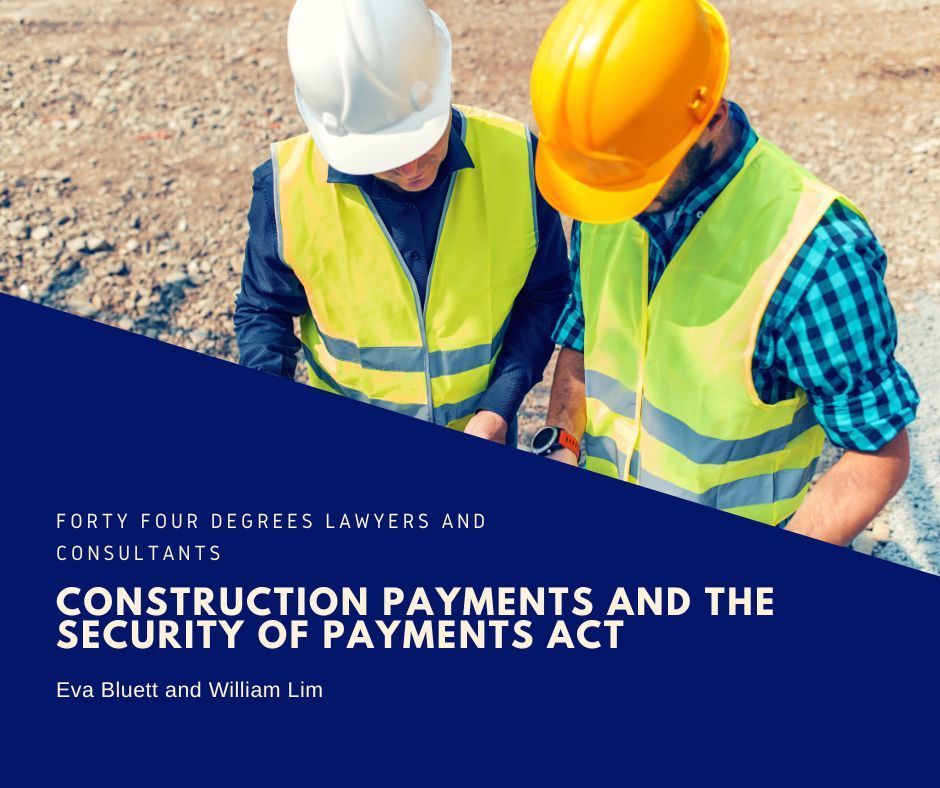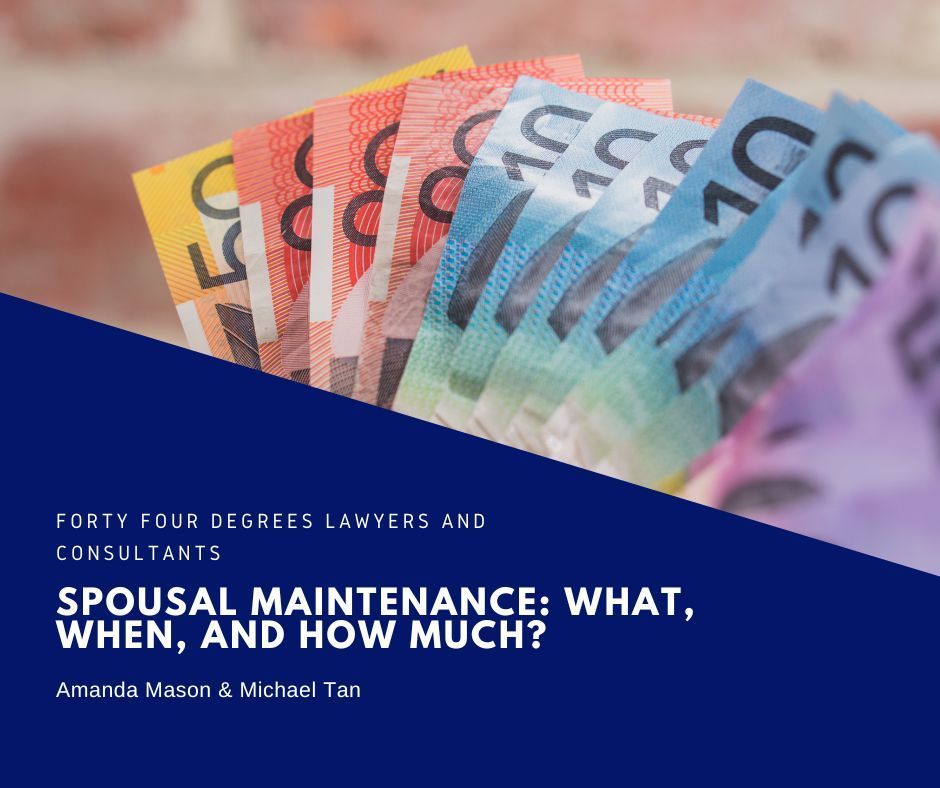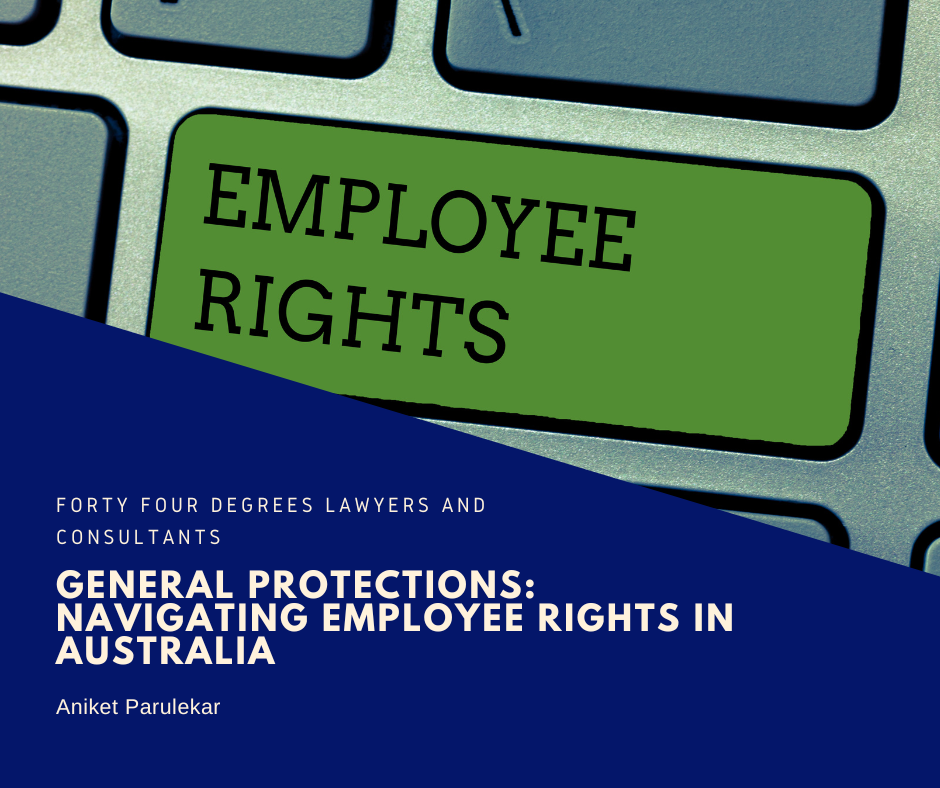Changes to Expatriate CGT Exemptions
Leila Chalk and Lewis Wolfe • Apr 06, 2020
Starting 30 June 2020

Changes to the capital gains tax (CGT) regime in Australia were introduced in December 2019. The Treasury Laws Amendment (Reducing Pressure on Housing Affordability Measures) Act 2019 (Cth)
removes the entitlement to the CGT main residence exemption for foreign residents. The exemption may, however, still apply to foreign residences in case of certain life events, including a terminal illness, within 6 years of them having become a foreign resident. Additionally, there is a grace period wherein foreign residents may sell their properties under the previous exemption before 30 June 2020.
What is Capital Gains Tax?
CGT is a type of tax payable on the sale of capital assets such as real estate or shares. The tax is applied to the gain, which is the difference between the acquisition and holding costs and the sale price. CGT applies to assets acquired on or after 20 September 1985, unless that asset is specifically excluded. Generally CGT won’t apply to most personal assets such as your home and car, in addition to depreciating assets such as business equipment. The capital gains are treated as taxable income for the year that the asset was sold or disposed of.
How do you calculate CGT?
Different calculation methods apply depending on what asset is subject to CGT. When calculating the capital gains from the sale of a property, the original purchase price, along with other costs associated with the purchase, holding, and selling of the property are totaled. This figure is called the cost base. The cost base is compared to the final sale price to calculate the total capital gains. If the final sale price is lower than the cost base, a capital loss has been made, which can be applied against other capital gains made that year or in future years.
What was the CGT main residence exemption?
The CGT main residence exemption is an exemption to the operation of the capital gains tax. It applies where the property being sold is your main residence. This exemption means that you do not have to pay capital gains tax when selling your main residence.
Previously, foreign residents were able to use to CGT main residence exemption to pay less/no CGT.
What are the implications of the change?
The effect of CGT exemption removal will mainly be felt by the expatriate community, along with foreign nationals who temporarily live in Australia and buy a house to live in for the duration of their work, with the intention of selling the property after leaving the country. Expats will have to pay CGT without any pro-rating based on time spent living in Australia. This means that even if they lived in a house as their main residence from 1980 to 2010, then moved oversees from 2010 to 2020, the CGT upon sale of the property would be calculated to the base year of 1980, rather than the year they left.
There are further difficulties regarding cost-basing due to these changes.
In the above example, the owners of the house purchased in 1980 may not have kept the information required to accurately calculate the cost base. The cost base may include insurance, maintenance costs, land tax, council rates, and interest on money borrowed for purchase or improvements.
An investment property purchaser is more likely to keep track of all these details, knowing at the time of purchase that they would need an accurate cost base to calculate CGT.
In contrast, an expat who bought a home intending to be used as a primary residence in 1980 would not expect to need these details and very likely would not have complete records. The consequence is that the documented cost base is likely lower than the actual cost base, leading to inflated capital gains calculations and higher tax.
Expatriates’ continued frustration
Further criticisms of the legislative change include the logistical difficulties it creates for Australian nationals who moved overseas temporarily and subsequently remained overseas. Additionally, foreign nationals working in Australia who buy a property to live in for the duration of their stay may have to delay leaving to sell their property, which can be a long process. The overall effect is to hinder the financial feasibility for some Australians to work overseas along with foreign nationals to work in Australia.
There is further confusion around how the exemption will apply in divorce circumstances, such as where a former partner becomes a foreign resident and then transfers their interest in the property to the partner that remained in Australia. Despite the house having been the family home for the entire duration of ownership, the remaining spouse may be unable to claim the full CGT exemption.
Any good news?
The Australian Tax Office estimates that the introduced changes will increase tax revenue by $510 Million in the period from 2017 through to 2021. The purpose of the change is to reduce pressure on housing affordability, with these changes being accompanied by reforms in the Treasury Laws Amendment (Foreign Resident Capital Gains Withholding Payments) Act 2017 (Cth),
which modified the foreign resident capital gains withholding payments regime from 1 July 2017 to:
• increase the withholding rate to 12.5 per cent; and
• reduce the withholding threshold to $750,000.
The change appears to incentivise foreign residents to sell their properties within the grace period that ends 30 June 2020 to take advantage of the main residence exemption. The increase in number of properties on the market may act to decrease prices, reducing affordable housing pressure. The affordable housing crisis in Australia is well documented, and it is thought that these changes will go towards alleviating pressure. However, the change comes as a shock to many expats. There are still many questions left unanswered, such as whether expats will be allowed to use a reasonable estimate cost-basis where they have incomplete records.
Feel like selling your home?
Are you an expat who suddenly needs to sell their home before 30 June 2020? You’re not alone.
If you wish to discuss the changes in the CGT regime in further detail, or want assistance in selling your home, please contact us.
Contact Us
We’re an Australian Law Firm promoting a nuanced, personal touch. We have the skills you need to resolve your case quickly and with a positive outcome. Our straight talking team stays close to simplify what is most often a complicated process. We help individuals and businesses with technology and startup law, property law including conveyancing and leasing, commercial law, civil litigation, wills, estates, bankruptcy, insolvency, criminal law, and professionals facing investigations and charges from their regulatory body.
We have a connected network of talented lawyers in Melbourne CBD, Dandenong, Ballarat, and Ivanhoe East.
Fill out the form or call us on 1300 892 237.
Thank you for contacting us.
We will get back to you as soon as possible
We will get back to you as soon as possible
Oops, there was an error sending your message.
Please try again later or call us on 1300 892 237.
About Us
We do business your way.
203/ 50 Market St, Melbourne VIC 3000
50 Lydiard St South
Ballarat Central VIC 3350










